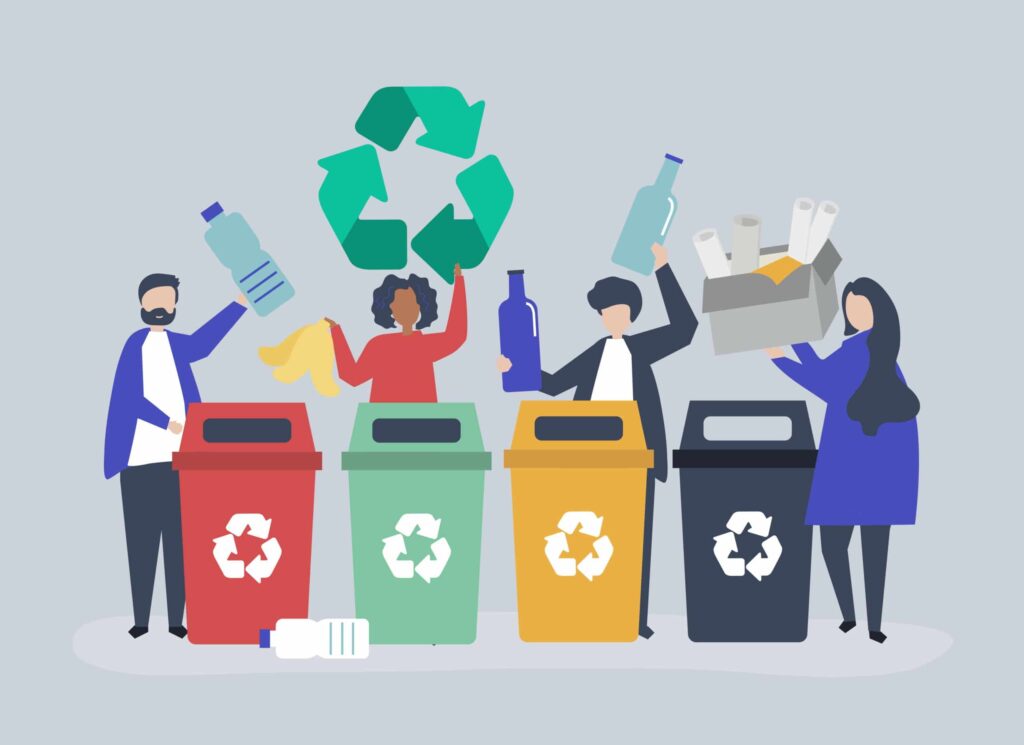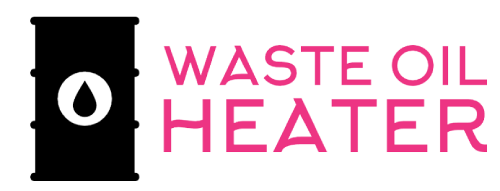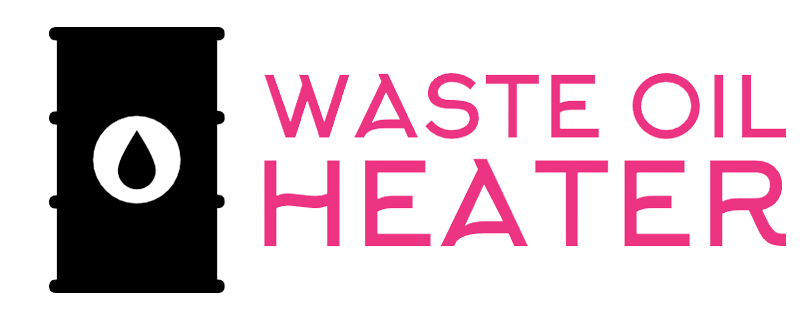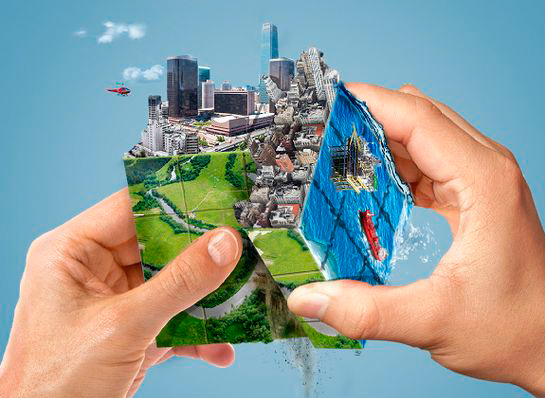It’s essential to know who can and who can’t be thrown out in a dumpster. A dumpster rental business or the government might punish you if you dispose of the these materials in an incorrect way.
Avoid These Mistakes While Renting a Dumpster to Dispose of Waste…
1. Adhesives
Glue, epoxy, and other adhesives are not allowed in dumpsters because of their potential for adhering other parts to the walls.
2. Asbestos
When you have asbestos in your house, you can’t throw away stuff like remodelling debris or roof tiles in a dumpster since they’re contaminated with asbestos fibres.
If you have asbestos in your house, you should get it removed by a qualified professional.
3. Absorbents That Have Been Contaminated
Because dumpsters can’t hold hazardous items, tainted soil or mulch can’t be thrown away there either, as well.
4. Chemicals That Are Potentially Dangerous
All dangerous items must be removed and disposed of by trained professionals in hazardous waste collection. Among the many potentially harmful items that might be found in the ordinary American house are asbestos and radon gas.
5. Household Cleaning Fluids
However, cleaning chemicals within the cleaning supply bottles should not be thrown away.
If you must get rid of home cleaning fluid, read the label first to see if there are any particular disposal instructions. If no instructions are supplied for how to get rid of a chemical, the American Cleaning Institute suggests looking at its purpose. As these goods are normally flushed down a drain after use, it is quite safe to pour them down the toilet with running water.

6. Hot Water Tanks
The poisonous gases from hot water tanks might accumulate in a dumpster and trigger an explosion, so do not dispose of them there for safety reasons.
Whenever it’s time to get rid of your old hot water heater, call the company who originally installed it to see if they’ll come pick it up for you.
It’s also possible to enquire about heated water tank curbside collection with a professional rubbish hauler or municipal waste management organisation.
7. Resins and Inks
Printer ink, pens, or resins may cause damage and staining to dumpsters and other waste disposal facilities. Consequently, they cannot be thrown away in dumpsters because of this. A large number of supply retailers provide recycling programmes for such products.
8. Biohazardous Waste
Medical infectious waste includes everything that has come into contact with blood or bodily fluids. Here are some of the things you’ll find:
- Killed animals’ body parts
- Dialysis clinics’ blood bags.
- The use of blood-soaked textiles or textiles containing human blood as an ingredient
- Expired or no longer needed prescriptions and drugs
- Surgical equipment that have been thrown away
Medical infectious waste does not include most domestic medical trash, such as bandages and other instruments used to treat injuries that did not need a trip to the hospital. The most common locations to locate this product are in doctors’ offices and medical laboratories.
9. Non-Alkaline Batteries
Some batteries, in comparison to home batteries, are very toxic to the environment and cannot be disposed of it in a dumpster since they do not comply with federal regulations for domestic hazardous items.
10. Fuel, Oil, And Propane Tanks
A trash full of propane tanks, fuel, oil, and other dangerous materials should not be used. The incorrect disposal of highly flammable items is generally prohibited in most countries. Check with the local fire department and hazardous trash collection if you’re unsure how to dispose of combustible things.










